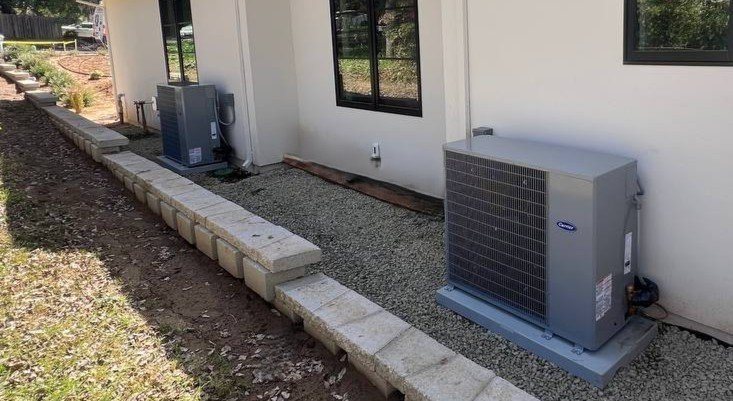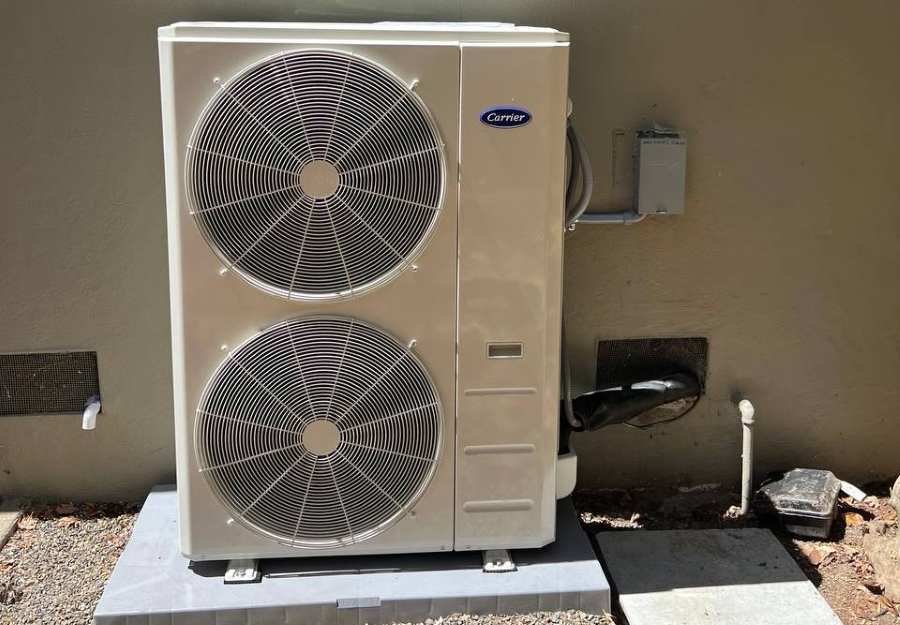Comprehensive Heat Pump Buying Guide
Selecting Heat Pumps for Effective Heating and Cooling
Heat pumps stand out as a dual-function solution, effectively serving as a furnace and a central air conditioner for year-round climate control. Heat pumps are best known for their high efficiency in operation and their friendliness to the environment. A device that can remove ambient heat from a source during summer is taken and moved to a hotter source. The following guide considers the details of the selection of the heat pump, key features, and installation for you to make an informed purchase.
How Heat Pumps Operate
Heat pumps utilize electricity to transfer heat from cooler to warmer areas, enhancing the comfort of your home:
- Winter Use: They extract heat from the outdoor air, even in cold conditions, and transfer it inside.
- Summer Cooling: Conversely, they push indoor heat to the outside, thus cooling your home effectively.
- Energy Efficiency: Heat pumps move heat rather than generate it, making them much more efficient compared to ordinary heating or cooling systems.
Types of Heat Pumps
Ducted Air Source Heat Pumps
- Appearance and Operation: The same as the traditional central air conditioners, consisting of an indoor and outdoor unit that are connected via refrigerant lines.
- Cost: The average cost of installation is around $8,348, depending on the brand and region of the country.
- Suited For: Ideal for homes with existing ductwork, can accommodate a service area of around 2,000 square feet for a typical 3-ton unit.
Ductless (Mini-Split) Air-Source Heat Pumps
- Flexible Installation: The system does not require any ductwork, as individual indoor air handlers can be used in each zone or room.
- Energy Efficient: Reduces the energy loss associated with ductwork and, therefore, is a cost-effective solution.
- Cost: The normal installation cost for all home sizes and units is between $2,000 and $14,500.
Selecting the Best Heat Pump
- Sizing and Capacity: Good sizing is a very crucial part of efficiency. Ensure that a professional does a load calculation in order to have the right size.
- Compressor Types: Look at units that have two-speed or variable-speed compressors for greater comfort and efficiency.
- Climate Suitability: Opt for models designed for your local climate, especially if you live in colder regions.
- Energy Efficiency Ratings: Seek out high SEER and HSPF efficiency ratings.
Federal Incentives and Tax Credits
- Tax Savings: Federal tax credits are available for qualifying installations, offering savings of up to 30% of the cost, capped at $2,000 annually.
- Additional Costs: These credits can be applied against required electrical system upgrades.
Installation and Maintenance
- Professional Installation: Use installers who are professionally qualified to maximize performance and keep the product in compliance with warranty requirements.
- Regular Maintenance: Annual maintenance is crucial to maintain efficiency and prolong the lifespan of the unit.
Choose A+ Heating & Air
We believe that the right choice of a heat pump must involve more than just the type of pump and size; it considers your home needs. A Plus Heating & Air will provide the best advice and installation services. As Your Home Performance Heroes, we sustainably enhance your home’s comfort. Call A Plus Heating & Air at 📞 (916) 838-3748 to discuss your heat pump options. Our professional advice and dedicated service will truly empower you to derive the very best value from your investment.


